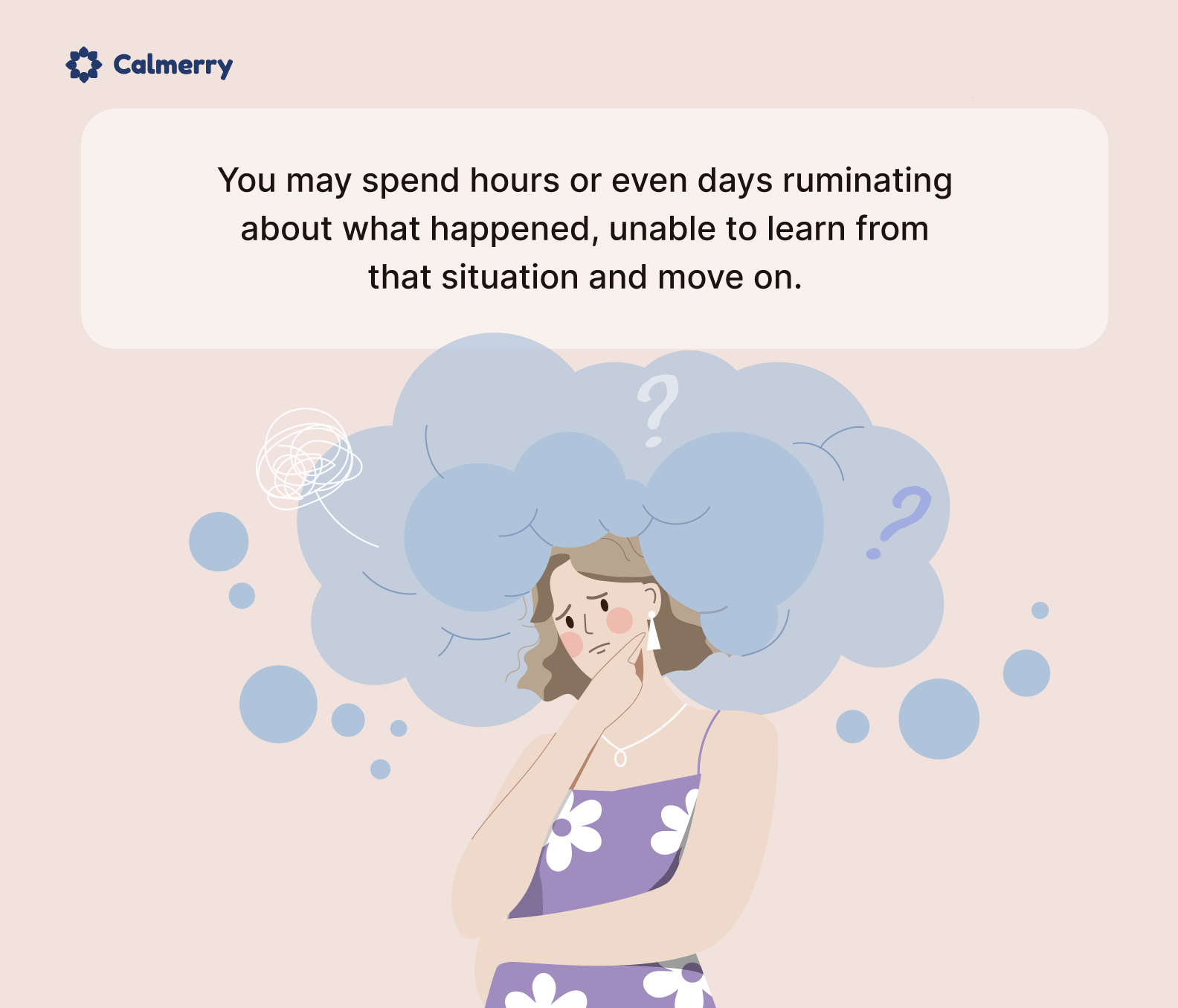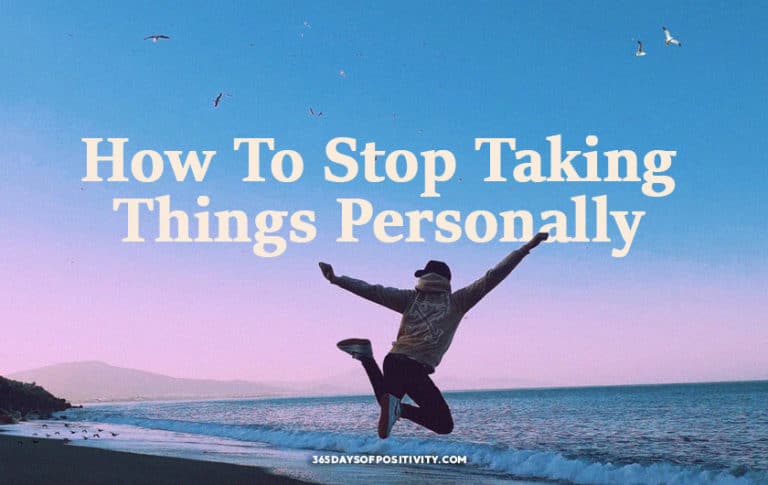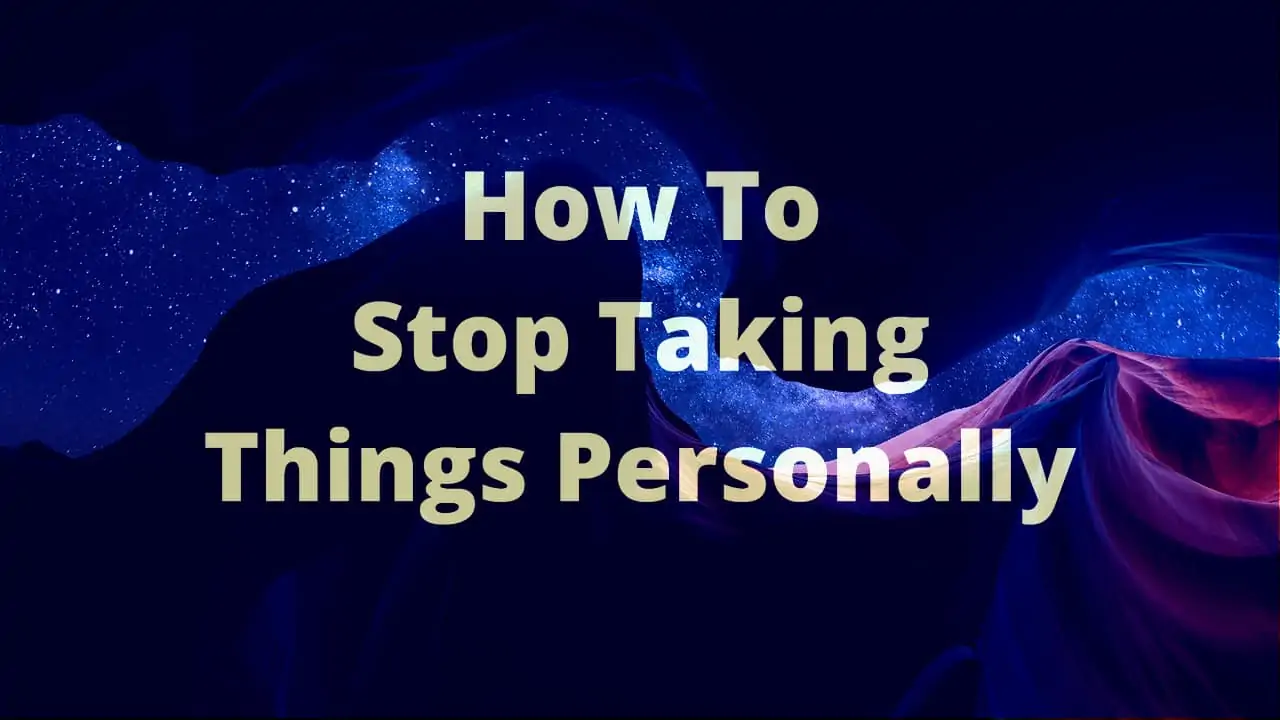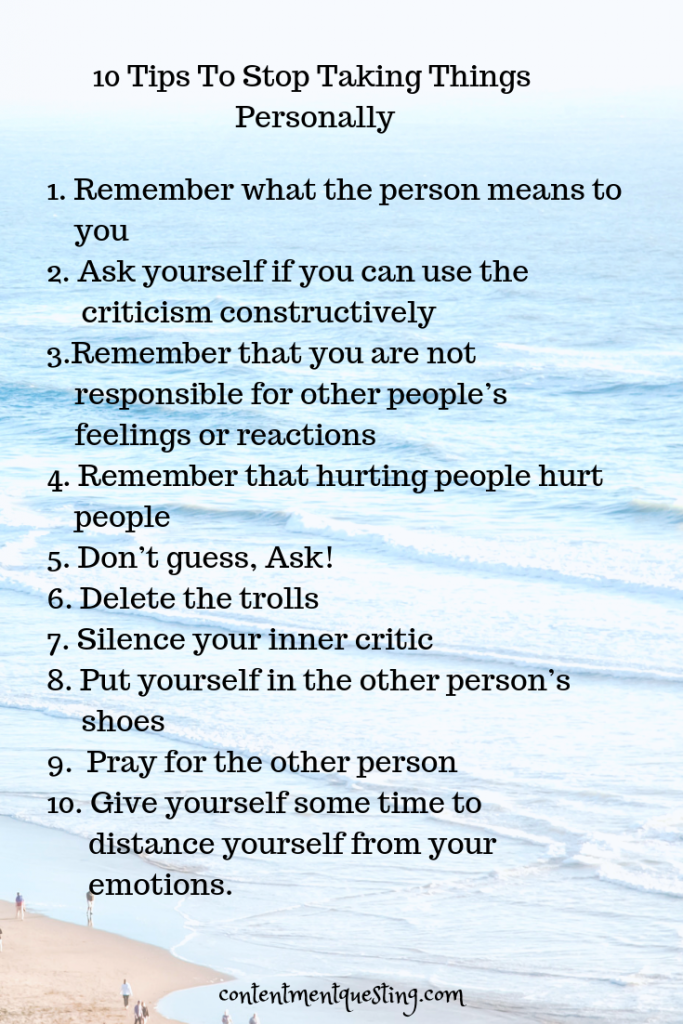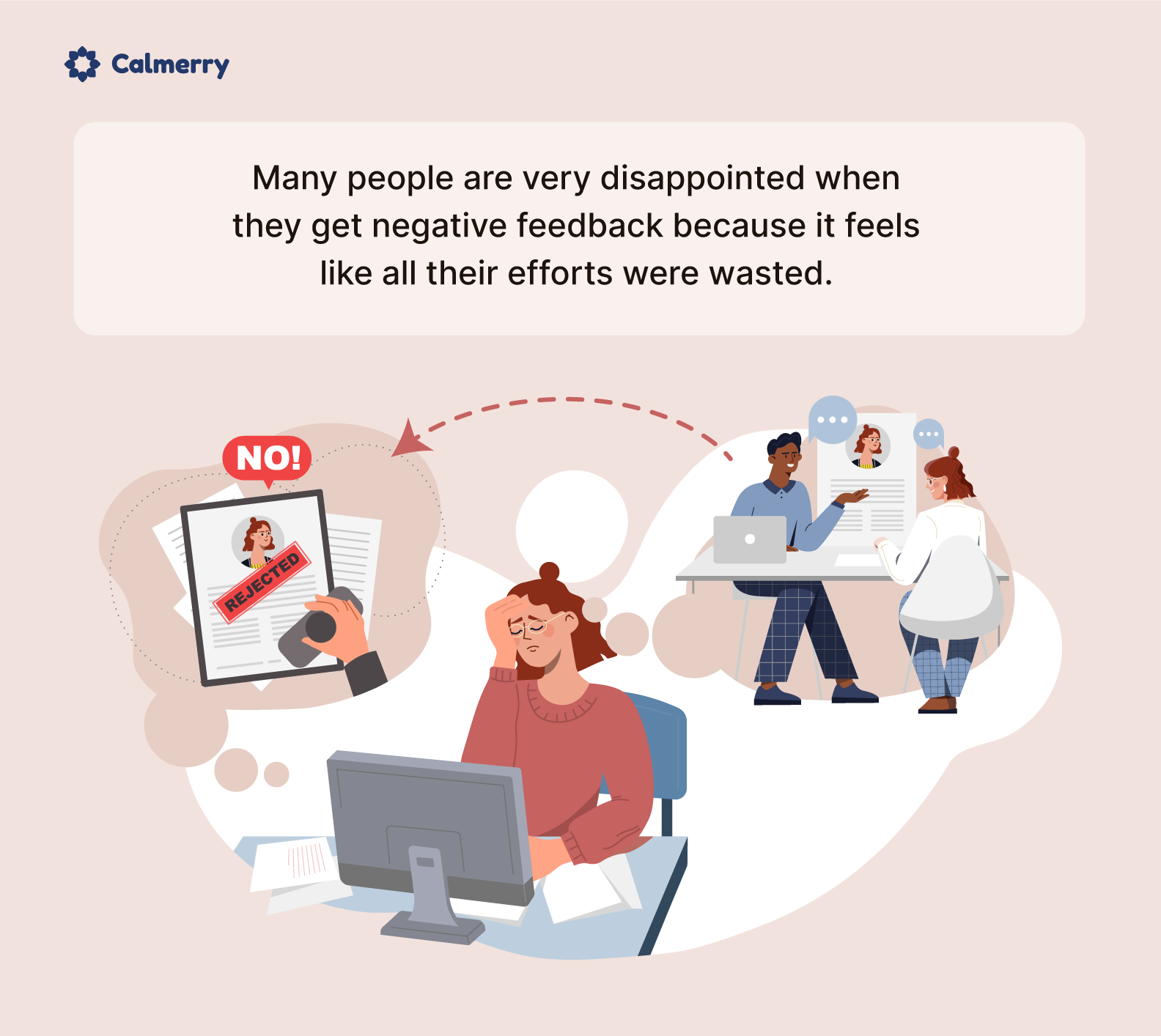How To Stop Taking Everything Personally

Do you find yourself constantly replaying conversations, analyzing every word for hidden criticism? Are you easily wounded by perceived slights, struggling to let go of negative interactions? Learning to detach emotionally and avoid taking everything personally is crucial for mental well-being and healthier relationships.
This guide offers an analytical approach to understanding and overcoming this common struggle, focusing on practical tools and techniques you can implement immediately. We'll explore cognitive strategies, emotional regulation skills, and mindset shifts, empowering you to respond with resilience and objectivity.
Understanding the "Personalization Trap"
Taking things personally stems from a cognitive distortion known as personalization. This is the tendency to attribute external events, especially negative ones, to yourself, even when there's no direct connection. It's like wearing a filter that magnifies perceived criticisms and minimizes objective realities.
Several factors contribute to this tendency, including low self-esteem, past experiences of trauma or criticism, and an anxious attachment style. Understanding these underlying causes is the first step towards breaking free from the personalization trap.
Identifying Your Triggers
What situations, phrases, or people tend to trigger your personalized responses? Keeping a journal to track these instances can reveal patterns and provide valuable insights.
Note the specific event, your immediate emotional reaction, and the underlying thoughts that fueled that reaction. Recognizing these patterns allows you to anticipate and manage them more effectively.
Cognitive Restructuring: Challenging Your Thoughts
Cognitive restructuring is a powerful technique for changing the way you think and react to situations. It involves identifying negative or distorted thoughts and challenging their validity.
Ask yourself: "Is there evidence to support this thought? What are the alternative explanations? Am I jumping to conclusions?"
By questioning your assumptions, you can replace negative thoughts with more balanced and realistic perspectives. This reduces the emotional intensity of the situation and prevents you from taking it so personally.
Reframing Negative Comments
Instead of immediately assuming a critical comment is a personal attack, consider other possibilities. Perhaps the person is having a bad day, or their comment reflects their own insecurities.
Try reframing the comment in a more neutral or even positive light. For example, "Perhaps they are trying to be helpful, even if their delivery isn't perfect."
Emotional Regulation: Managing Your Reactions
Emotional regulation involves developing skills to manage and control your emotional responses. This doesn't mean suppressing your feelings, but rather learning to experience them without being overwhelmed.
Techniques like deep breathing exercises, mindfulness meditation, and progressive muscle relaxation can help you calm your nervous system and respond more thoughtfully. Regular practice builds resilience and enhances your ability to handle stressful situations.
Setting Boundaries
Establishing clear boundaries is essential for protecting your emotional well-being. This means defining what behavior you will and will not tolerate from others.
Communicate your boundaries assertively and consistently. It may feel uncomfortable at first, but setting boundaries is an act of self-respect and a crucial step in preventing others from taking advantage of you.
Cultivating Self-Compassion
Self-compassion involves treating yourself with the same kindness and understanding you would offer a friend. This is particularly important when you make mistakes or experience setbacks.
Recognize that everyone makes mistakes and that you are not alone in your struggles. Practice self-forgiveness and avoid self-criticism. Be kind to yourself!
Building Self-Esteem
Low self-esteem often fuels the tendency to take things personally. Building a strong sense of self-worth can significantly reduce your vulnerability to perceived criticism.
Focus on your strengths and accomplishments. Engage in activities that bring you joy and a sense of purpose. Surround yourself with supportive and positive people.
Productivity Tools & Resources to Aid in Mindset Shift
These resources can help you implement the techniques discussed. Consider these options based on your budget and preferences:
Shortlist of Products
- Mindfulness Apps (Budget-Friendly): Headspace (free trial, subscription), Calm (free trial, subscription), Insight Timer (free version, optional donation).
- Cognitive Behavioral Therapy (CBT) Workbooks (Mid-Range): "Feeling Good: The New Mood Therapy" by David Burns, "The Mindful Path to Self-Compassion" by Christopher Germer.
- Online Therapy Platforms (Premium): Talkspace, BetterHelp.
Detailed Reviews
Headspace: Excellent guided meditations for beginners and experienced practitioners. Offers a wide range of topics, including stress management, sleep improvement, and focus enhancement. User-friendly interface and engaging instructors. Good value for the subscription cost. Cons: Can be repetitive; some users may find the voices irritating.
"Feeling Good: The New Mood Therapy": A classic CBT workbook that provides practical exercises and techniques for overcoming negative thoughts and improving mood. Highly effective for individuals who are motivated to actively engage in self-therapy. Cons: Requires significant effort and commitment; may not be suitable for individuals with severe mental health issues.
Talkspace: Offers convenient and affordable access to licensed therapists through online messaging, video sessions, and audio calls. A good option for individuals who prefer the flexibility and anonymity of online therapy. Cons: Can be more expensive than traditional therapy; finding the right therapist can take time.
Side-by-Side Specs Table with Performance Scores
| Product | Price Range | Effectiveness (1-5) | Ease of Use (1-5) | Value for Money (1-5) |
|---|---|---|---|---|
| Headspace | $ | 4 | 5 | 4 |
| "Feeling Good" | $$ | 5 | 3 | 5 |
| Talkspace | $$$ | 4 | 4 | 3 |
Practical Considerations
Choosing the right resources depends on your individual needs and budget. If you're new to mindfulness or CBT, a user-friendly app like Headspace might be a good starting point.
For those seeking more in-depth self-therapy, "Feeling Good" offers a comprehensive set of tools and techniques. If you prefer professional guidance, online therapy platforms like Talkspace provide convenient access to licensed therapists.
Summary
Learning to stop taking everything personally is a journey that requires self-awareness, cognitive restructuring, emotional regulation, and self-compassion. Identify your triggers, challenge your negative thoughts, manage your emotional reactions, and cultivate a strong sense of self-worth.
Consider the resources discussed based on your budget and preferences. Remember that consistency and patience are key to achieving lasting change.
Call to Action
Start today by implementing one of the techniques discussed in this guide. Choose a mindfulness app, purchase a CBT workbook, or explore online therapy options. Your mental well-being is worth the investment!
Frequently Asked Questions (FAQ)
Q: How long does it take to stop taking things personally?
A: It varies depending on the individual and the severity of the issue. With consistent effort and practice, you can start to see improvements within a few weeks or months.
Q: Is therapy necessary to overcome this tendency?
A: Not necessarily. Many people can successfully manage this issue through self-help techniques and resources. However, if you're struggling to make progress on your own, seeking professional help is always a good option.
Q: What if I slip up and take something personally again?
A: It's perfectly normal to have setbacks. Don't beat yourself up about it. Simply acknowledge your reaction, learn from the experience, and recommit to practicing the techniques you've learned.
Q: How do I deal with someone who is intentionally trying to provoke me?
A: The best approach is to remain calm and avoid engaging in their attempts to upset you. Set firm boundaries and limit your interactions with them if necessary.



